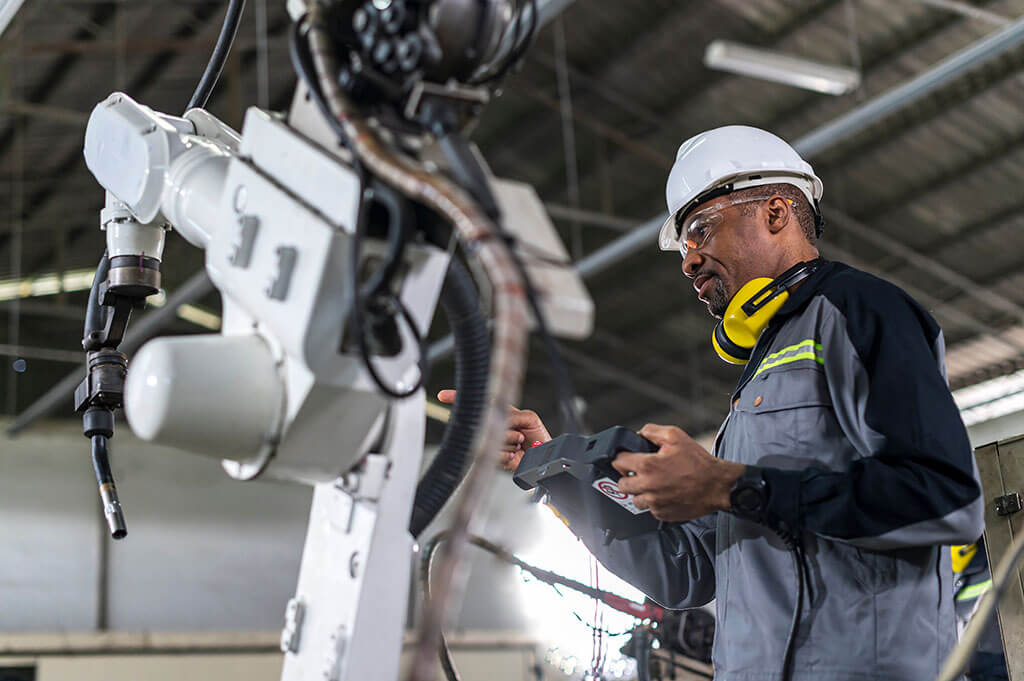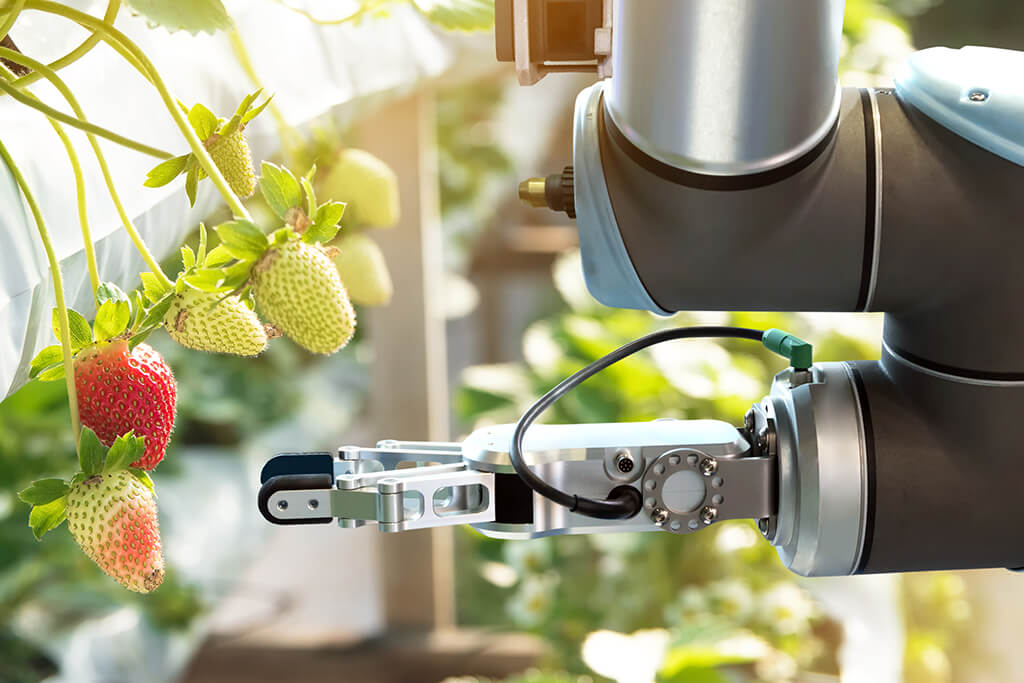Insights
6 things we learned about ChatGPT and generative AI by speaking to our customers
Author
Ant Morse
Head of Innovation and Account Engagement
Virgin Media O2 Business
5 minutes
03rd August 2023
Share this article:
ChatGPT and generative AI look set to revolutionise productivity, but there are some risks. Ant Morse, our Head of Innovation and Chair of Virgin Media O2 Business Customer Innovation Forum, considers the impact on UK businesses.
Depending on what you read, generative AI solutions like ChatGPT will either improve every aspect of our lives or lead to the end of humanity.
The debate within most organisations, however, is more level-headed. Teams are figuring out how they can use ChatGPT to boost productivity while navigating the obvious risks.
We recently held a session of Virgin Media O2 Business’s Customer Innovation Forum (CIF) titled ‘Revisiting the AI-enabled workplace’, where some of the UK’s leading organisations discussed their approach to generative AI.
The CIF is a safe space where technology, HR and operations leaders from major UK organisations discuss technology and innovations that are changing businesses and impacting society. We operate under ‘Chatham House rules’ in a supportive, non-sales environment so everything shared remains confidential.
Here are my key takeaways from a great session.
People want to learn more about generative AI
AI has been around for years but ChatGPT has taken many of us by surprise. The technology has evolved more quickly than we thought, and it’s changing perceptions. One CIF member informed us about the changing perception of AI within their organisation, which is representative of the prevailing sentiment.
Many of us want to learn more about generative AI. Not only was this session one of our best attended, but a quick poll of participants revealed that only 4% consider themselves an expert in AI.
48% felt they had ‘limited knowledge’ or were a ‘novice’.
We’re early in the journey
Even though ChatGPT feels like a massive leap, we’re still very early in our collective AI journey. It’s useful to think about three stages of AI:
- Narrow AI, with the ability to only perform a narrowly defined set of specific tasks
- General AI, where machines will be able to think and make decisions like humans
- Super AI, surpassing human capabilities where we enter an age of ‘machine conscious’ AI
We are still very much rooted in the ‘narrow’ stage of AI. AI is neither sentient nor capable of emotional intelligence that matches human reasoning. We need to recognise, however, that the situation can change rapidly.
AI will have an impact, but how much?
Few dispute that generative AI will impact our working lives. The question is how much and how quickly.
In the past few months AI has passed university law exams and won an international photo competition. The adoption of ChatGPT has been incredible, achieving 100 million users within two months.
Things are moving so fast that the Future of Life Institute published a letter signed by leading tech figures, including Elon Musk, suggesting a six-month pause on AI research.
While this series of events might suggest that AI is already taking over, CIF members felt that the impact on the workplace might not be so extensive.
Only 16% of them believe AI will have a ‘big’ impact on their organisation, with 50% saying a ‘fair’ impact and 29% a ‘limited’ impact.
Members pointed out that some new tech such as voice assistants have never really taken off as predicted. Others felt that the impact would become greater when AI tools like Microsoft’s Copilot will launch, as this will be used potentially millions of users.
My own perspective is that we just don’t know yet — it is a very fluid situation.
There are many opportunities
I have no doubt that generative AI is going to boost our productivity by doing repetitive tasks for us such as writing emails. Goldman Sachs has even suggested it could raise annual global GDP by 7%.
Generative AI is increasingly being used in the workplace to support the production of text, images, presentations and code. This is in addition to the more traditional use of AI which underpins areas such as search, chatbots, data analytics and process automation.
Generative AI also may even help support a more inclusive workplace. One participant shared a story about a dyslexic friend in a high-pressure sales position, where ChatGPT is helping her to do her job better.
But there are many risks
But the obvious risks around generative AI are a major concern for organisations. Some have even banned its use.
Challenges associated with ChatGPT include bias within answers, protecting data privacy and the protection of intellectual property. There is the risk of ‘hallucination’ where responses that simply aren’t true are presented as fact. And generative AI can also be used by ‘bad actors’, leading to increased risks in areas such as cybersecurity.
CIF members are also concerned about the broader risks, including the loss of jobs and the wider impact on wider society and learning.
We need clarity and governance
Organisations need clarity that allows them to advance with generative AI but avoids the risks.
CIF members don’t want to put the brakes on ChatGPT – only 11% agreed with the Future of Life Institute’s proposal to pause AI development for six months – but they do want guidance and governance, with many actively calling for regulation.
And they also believe that employees will need support and training to get the best out of generative AI.
I’m optimistic that we’re moving in the right direction.
The UK government recently published a report called 'AI regulation: a pro-innovation approach' with a proposed framework and OpenAI are talking to US government authorities.
Tech providers are actively embedding new AI capabilities into existing end-user business tools, providing the benefits of generative AI to users whilst reducing the risk for organisations.
Would you like to join the next Customer Innovation Forum?
Get in touch with your Account Manager or email Marlene Woodley for details of the next forum and how to join.
Want to speak to one of the team?
call 0800 064 3790


